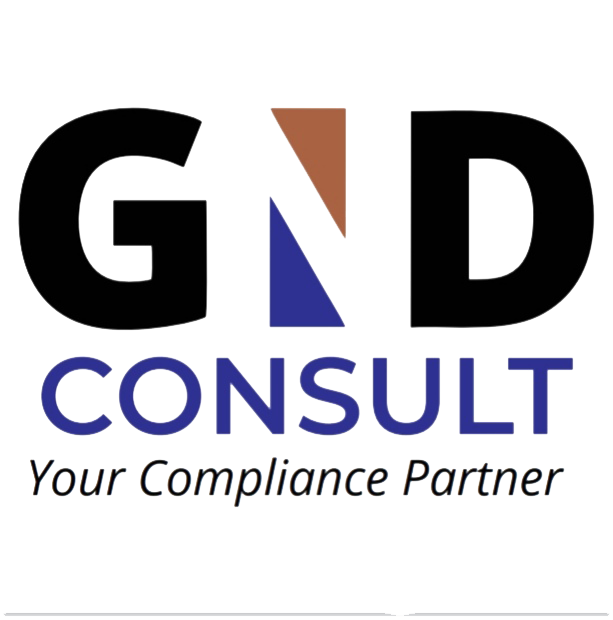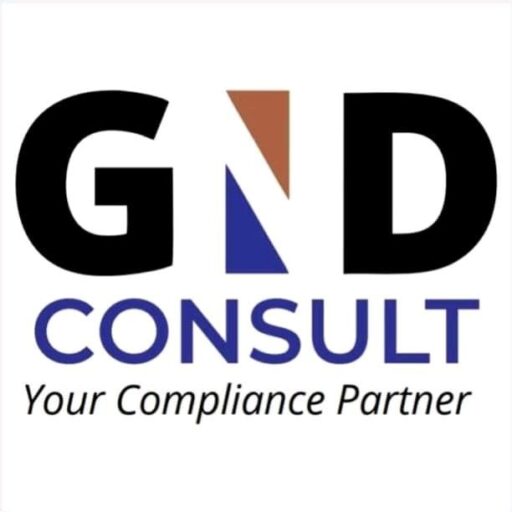CAPACITY BUILDING AND TRAINING.
“Tell me and I forget, teach me and I may remember, involve me and I learn.”
~ Benjamin Franklin ~
Contact us now to get a quote....
Call/ Text/ Whatsapp us on:
+254 702 001 770
Capacity building and training are critical components for the success and sustainability of non-profit organizations in Kenya. Here are some key considerations GND Consult has in place for implementing effective capacity building and training initiatives:
Capacity Building:
- Assessment of Needs: Conduct a comprehensive needs assessment to identify the specific capacity gaps within the organization. This can involve evaluating leadership skills, technical expertise, and organizational processes.
- Strategic Planning: Integrate capacity-building goals into the organization’s strategic plan. Align training initiatives with the overall mission and objectives.
- Leadership Development: Invest in leadership development programs for both staff and board members. Effective leadership is crucial for guiding the organization toward its goals.
- Financial Management Training: Provide training on financial management, budgeting, and fundraising. Nonprofits often face financial challenges, and building financial literacy can enhance sustainability.
- Governance and Compliance: Conduct training on governance best practices, legal compliance, and ethical standards. This ensures that the organization operates transparently and remains accountable to stakeholders.
- Monitoring and Evaluation: Build the capacity to implement robust monitoring and evaluation systems. This includes training staff on data collection, analysis, and reporting to measure the impact of programs.
- Networking and Collaboration: Facilitate opportunities for networking and collaboration within the sector. This can include workshops, conferences, and partnerships with other organizations.
- Technology Adoption: Provide training on the use of technology for organizational efficiency, data management, and communication. This includes tools for project management, fundraising, and outreach.
Training Programs:
- Tailored Workshops: Develop workshops that address specific needs identified during the capacity assessment. Topics could include project management, proposal writing, and community engagement.
- Local and International Partnerships: Partner with local and international organizations that specialize in capacity building. This can bring diverse perspectives and expertise to the training programs.
- Mentorship Programs: Establish mentorship programs where experienced individuals within the sector mentor staff and leaders of non-profit organizations. This fosters knowledge transfer and professional development.
- Customized Training Modules: Create customized training modules based on the unique challenges faced by non-profits in Kenya. Consider cultural context and the specific needs of the communities being served.
- Continuous Learning: Promote a culture of continuous learning within the organization. Encourage staff and volunteers to pursue further education, attend relevant workshops, and engage in professional development opportunities.
- Evaluation and Feedback: Regularly evaluate the effectiveness of training programs and gather feedback from participants. Use this information to refine and improve future training initiatives.
- Accessible Training Formats: Offer training in various formats, including in-person sessions, online courses, and webinars. This ensures accessibility for a diverse audience with different learning preferences.
- Sustainability Planning: Integrate sustainability planning into training programs, emphasizing the long-term impact of building organizational capacity.
By investing in capacity building and training, non-profit organizations in Kenya can enhance their effectiveness, better serve their communities, and contribute to positive social change.


